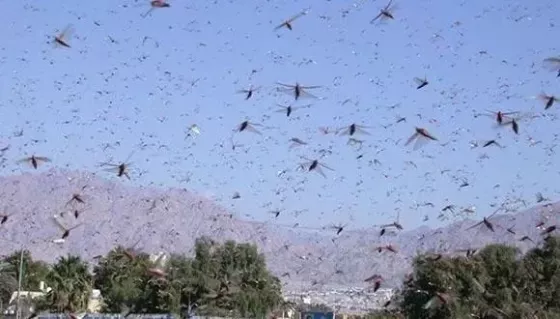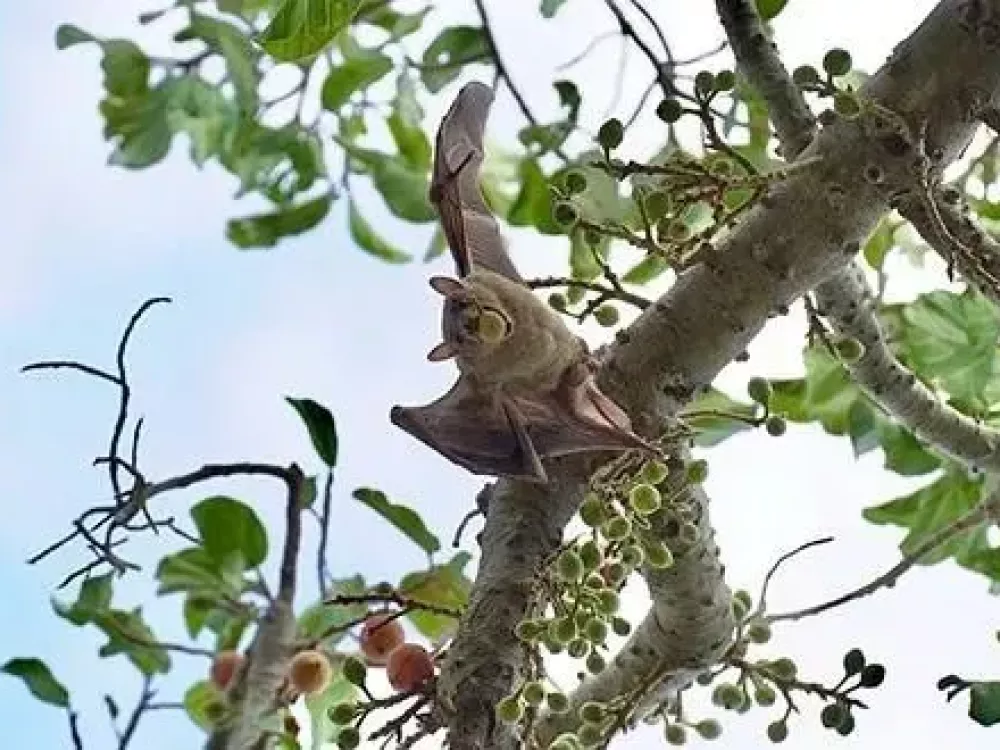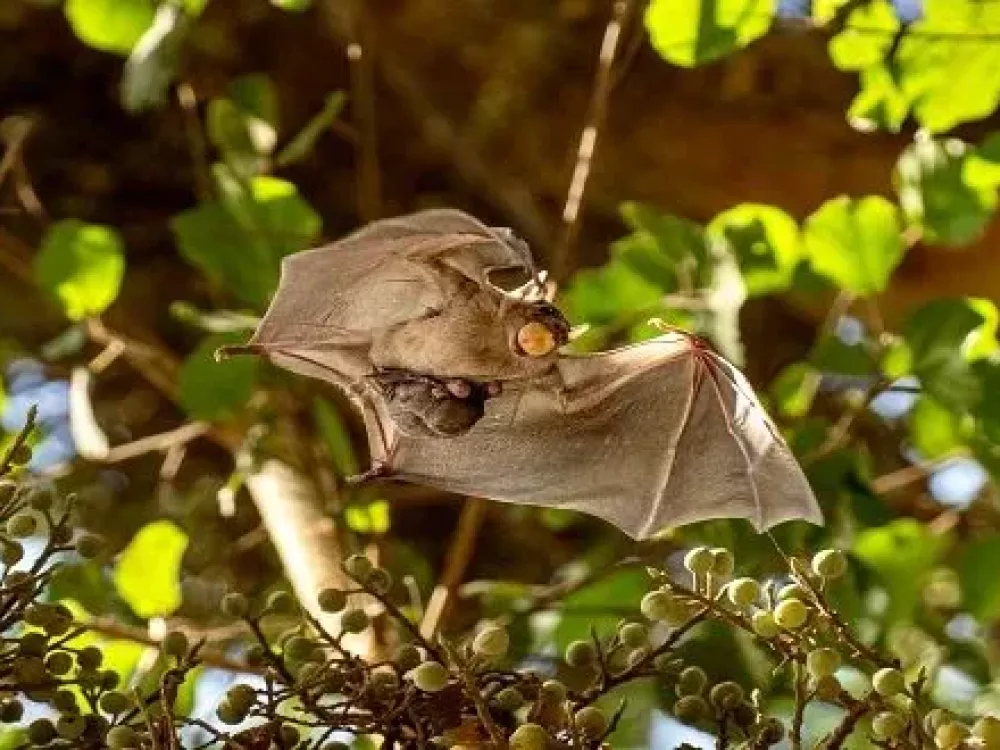
Why do Locusts Form Destructive Swarms?
TAU researchers may have the answer.
Locust swarms that ruin all crops in their path have been a major cause of famine from Biblical times to the present. Over the last three years, large parts of Africa, India and Pakistan have been hard-hit by locust outbreaks, and climate change is expected to exacerbate the problem even further.
A new multidisciplinary study by experts in fields as varied as insect behavior and physiology, microbiology, and computational models of evolution, has led to valuable insights concerning locust swarming: “Locust swarms form when individual locusts, usually solitary and harmless, aggregate and begin to migrate. However, the causes for this behavior remain largely unknown, and an effective solution is yet to be found,” explains Prof. Amir Ayali from the School of Zoology at TAU’s George S. Wise Faculty of Life Sciences.
Following recent studies, indicating that microbiomes can influence their hosts’ social behavior, the researchers hypothesized that locusts’ microbiomes may play a role in changing the behavior of their hosts to become more ‘sociable’. The study was published in Environmental Microbiology.
The Bacteria that Fly with Borrowed Wings
To test their hypothesis, the researchers examined the gut microbiomes of locusts reared in the laboratory, and found a profound change when individuals reared in solitary conditions joined a large group of about 200 locusts.
Omer Lavy: “The most significant change was observed in bacteria called Weissella, almost completely absent from the microbiome of solitary locusts, which became dominant soon after their hosts joined the group.”
The researchers then developed a mathematical model that was used for analyzing the conditions under which induction of locust aggregation produces significant evolutionary advantages for Weissella, allowing these bacteria to spread to numerous other hosts. Based on these results, the researchers hypothesize that Weissella bacteria may play an important role in the locust aggregation behavior. In other words, the bacteria may in some way encourage their hosts to change their behavior and become more ‘sociable’.
Prof. Ayali concludes: “Our study contributes to the understanding of locust swarming – a leading cause of famine from antiquity to the present. Our findings do not prove unequivocally that the Weissella bacteria are responsible for the swarming and migration of locusts. The results do, however, suggest a high probability that the bacteria play an important role in inducing this behavior – a new hypothesis never previously proposed. We hope that this new understanding will drive the development of new means for combating locust outbreaks – still a major threat to countless people, animals, and plants all over the globe.”
The new study was based on a multidisciplinary collaboration of experts in fields as varied as insect behavior and physiology, microbiology, and computational models of evolution. The project was led by Prof. Amir Ayali and PhD student Omer Lavy from the School of Zoology at TAU’s George S. Wise Faculty of Life Sciences. Participants included Prof. Lilach Hadany, Ohad Lewin-Epstein and Yonatan Bendett from the School of Plant Sciences and Food Security and Prof. Uri Gophna from The Shmunis School of Biomedicine and Cancer Research, all of the Wise Faculty. They were joined by Dr. Eran Gefen from the University of Haifa-Oranim.
Related posts




Over the Past 1.5 Million Years, Human Hunting Preferences have Wiped Out Large Animals




